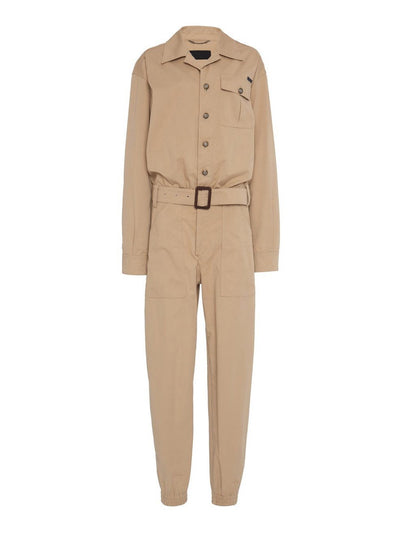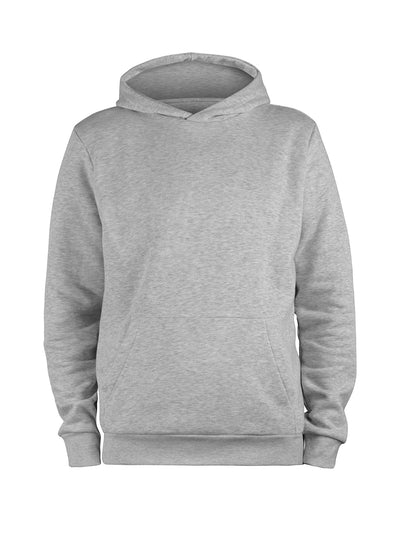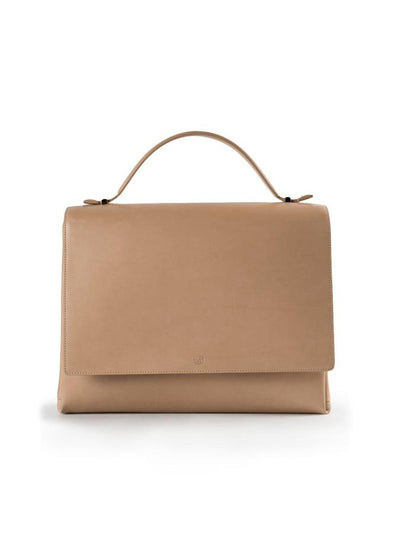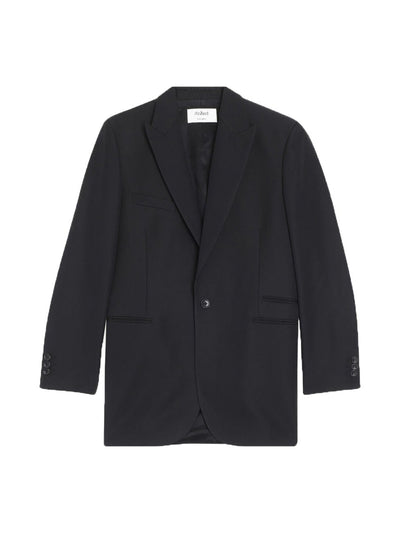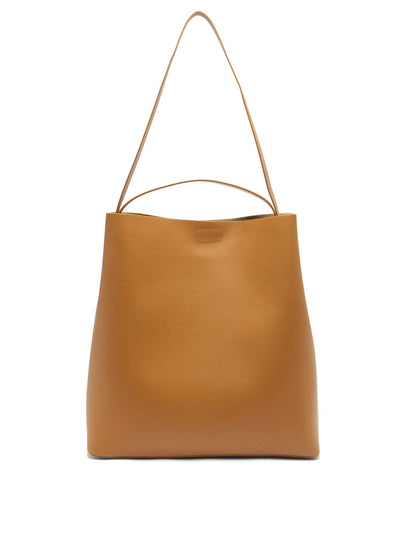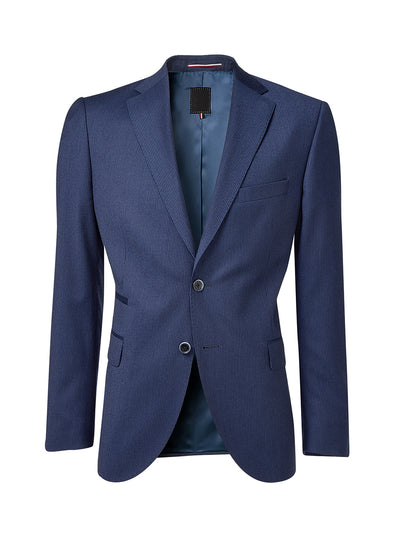



The shoes have gone by a variety of names, depending on geography, and changing over the decades. The term "sneakers" is most commonly used in the Northeastern United States, South Florida and Central Florida, parts of Canada and New Zealand.
The British English equivalent of "sneaker" in its modern form is "trainer". In some urban areas in the United States, the slang for sneakers is kicks. Other terms include training shoes or trainers (Britain), sandshoes, gym boots or joggers (Geordie English in the UK and Australian English), running shoes, runners or gutties (Canada, Australia and Scotland), daps in Wales, runners in Hiberno-English, sneakers (North America, New Zealand and Australia), tennis shoes (North American and Australia), gym shoes, tennies, sports shoes, sneaks, takkies (South Africa[4] and Hiberno-English), rubber shoes (Philippine English), canvas shoes (Nigeria) and sportex (Greece)
No Video
While there isn't a law requiring ecommerce stores to have a Return Policy, you may need one if you wish to enforce your terms and parameters of returns and refunds.
For example, in the state of New York, if a retailer does not provide a Return & Refund Policy, the retailer will be required to accept returns and give refunds for all merchandise returned within 30 days of purchase. If you wish to limit this in any way, you will need to create and post a Return Policy with your own custom terms.
Another reason for having a Return Policy even if not required by law is that most consumers prefer to shop at retailers with a clearly-posted Return Policy. This is especially important when shopping online, as more issues are likely when purchasing something without being able to see it in person first.
If you don't have a Return Policy, you may be at the mercy of state laws regulating return and refund time frames. You may also lose potential customers who are concerned about not being able to return a product if they need or want to.
WorldWide
Guarantee
Payment
Policy





